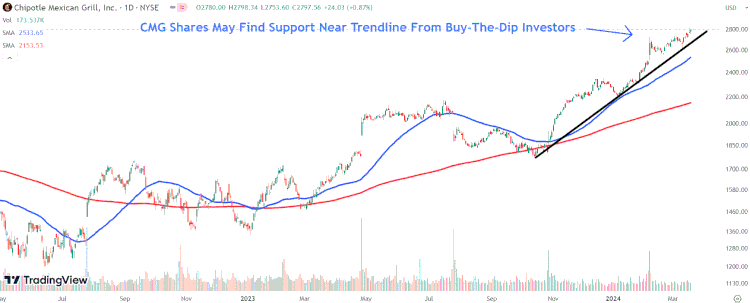As a parent or caregiver of a child or adolescent diagnosed with clinical depression, you may feel overwhelmed and anxious about their well-being and the treatment process. Major depressive disorder can present itself in various ways, affecting not only a child’s mood but also their behavior, academic performance, and relationships. It’s common to hear alarming stories in the media about young people struggling with depression, which can heighten your worries about potential risks associated with treatment, particularly concerning antidepressants.
It is crucial to keep in mind, nevertheless, that depression is a treatable illness. It’s important to realize that you are not traveling alone on this path. Many families face similar challenges, and the good news is that effective Depression Treatment for Kids exists. Psychological therapies, medication options, and supportive strategies can all play a significant role in helping your child manage their symptoms, succeed in school, and build healthy relationships. By gaining a clearer understanding of these treatment options, you can better support your child on the road to recovery.
Explore the Effective Treatment Options for Young People:-
- Psychotherapy is a key component in treating depression in children and adolescents. One of the most effective forms is Cognitive Behavioral Therapy (CBT), which focuses on helping young people identify and reframe negative thought patterns. By changing these thoughts, children can improve their emotional responses and develop healthier coping strategies. Additionally, Dialectical Behavior Therapy (DBT) offers valuable skills for managing intense emotions and improving relationships, making it beneficial for those with more severe symptoms.
- For some adolescents, medication may be necessary, particularly when depressive symptoms are severe and disrupt daily life. Selective Serotonin Reuptake Inhibitors (SSRIs) are commonly prescribed antidepressants that work by increasing serotonin levels in the brain, helping to stabilize mood and alleviate symptoms. Psychotherapy and medication together are frequently the most successful combination. Equally important is fostering healthy communication at home. Establishing an open dialogue allows children to express their feelings freely. When parents listen without judgment, it creates a supportive environment where children feel understood and validated.
Effective Depression Treatment for Kids and adolescents requires a multifaceted approach that includes psychotherapy, medication, and healthy communication. Therapies like CBT and DBT empower young people to manage their thoughts and emotions, while medications like SSRIs can stabilize their mood when necessary. Additionally, fostering open dialogue at home creates a supportive environment where children feel safe expressing their feelings. With the right support and treatment, recovery is not only possible but can lead to a brighter, healthier future.







